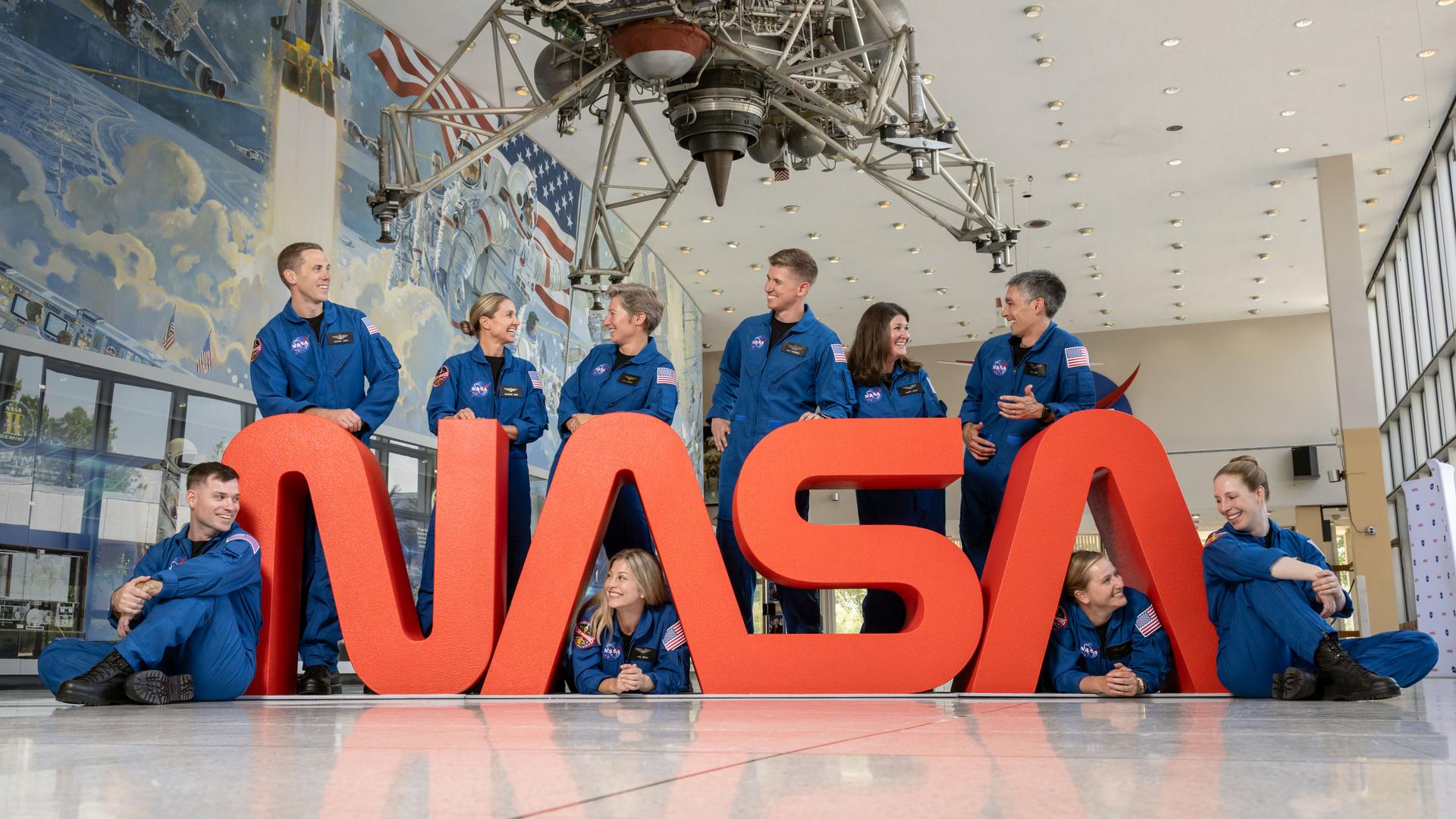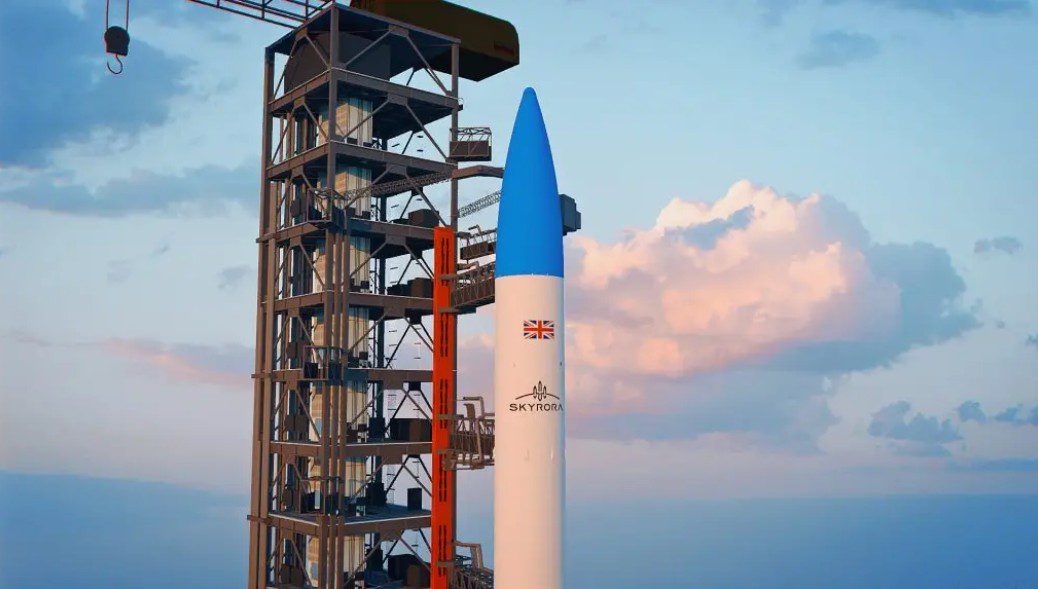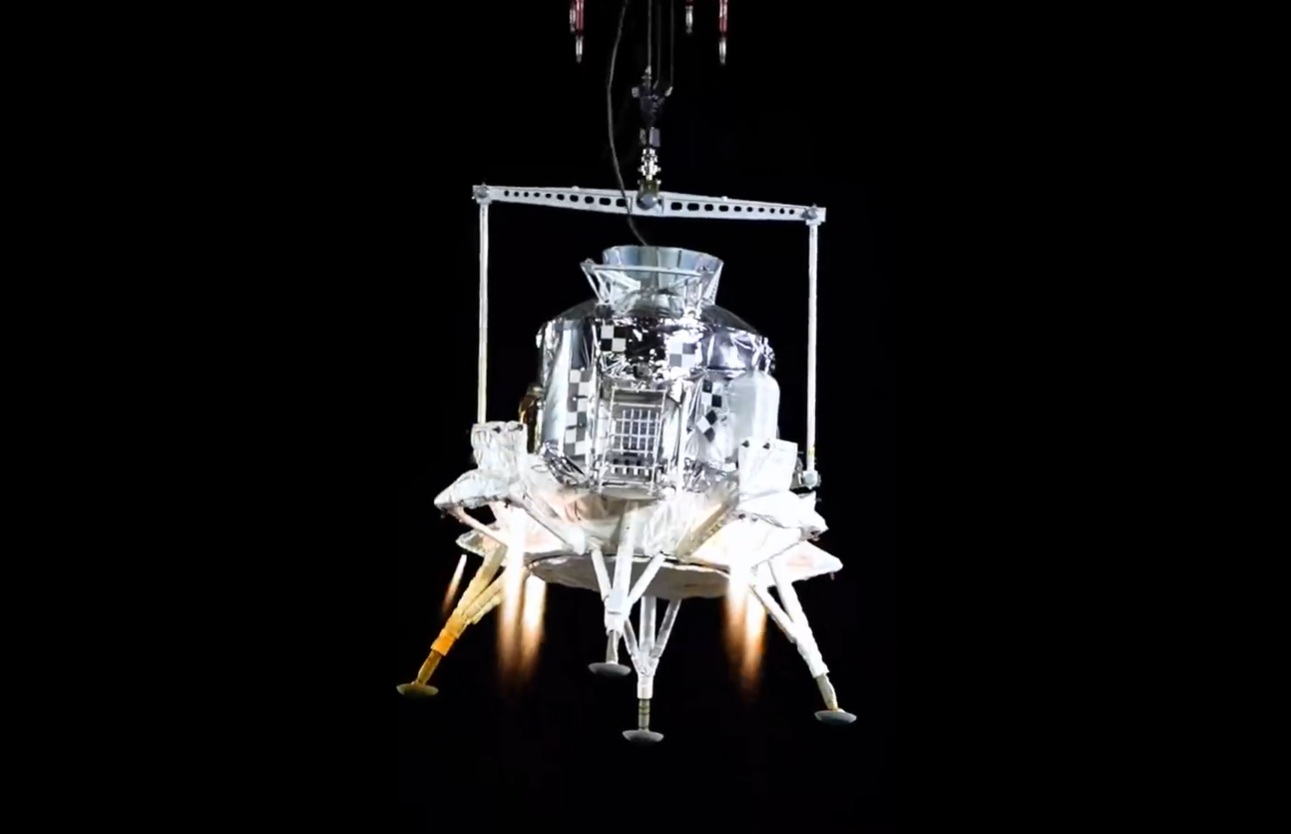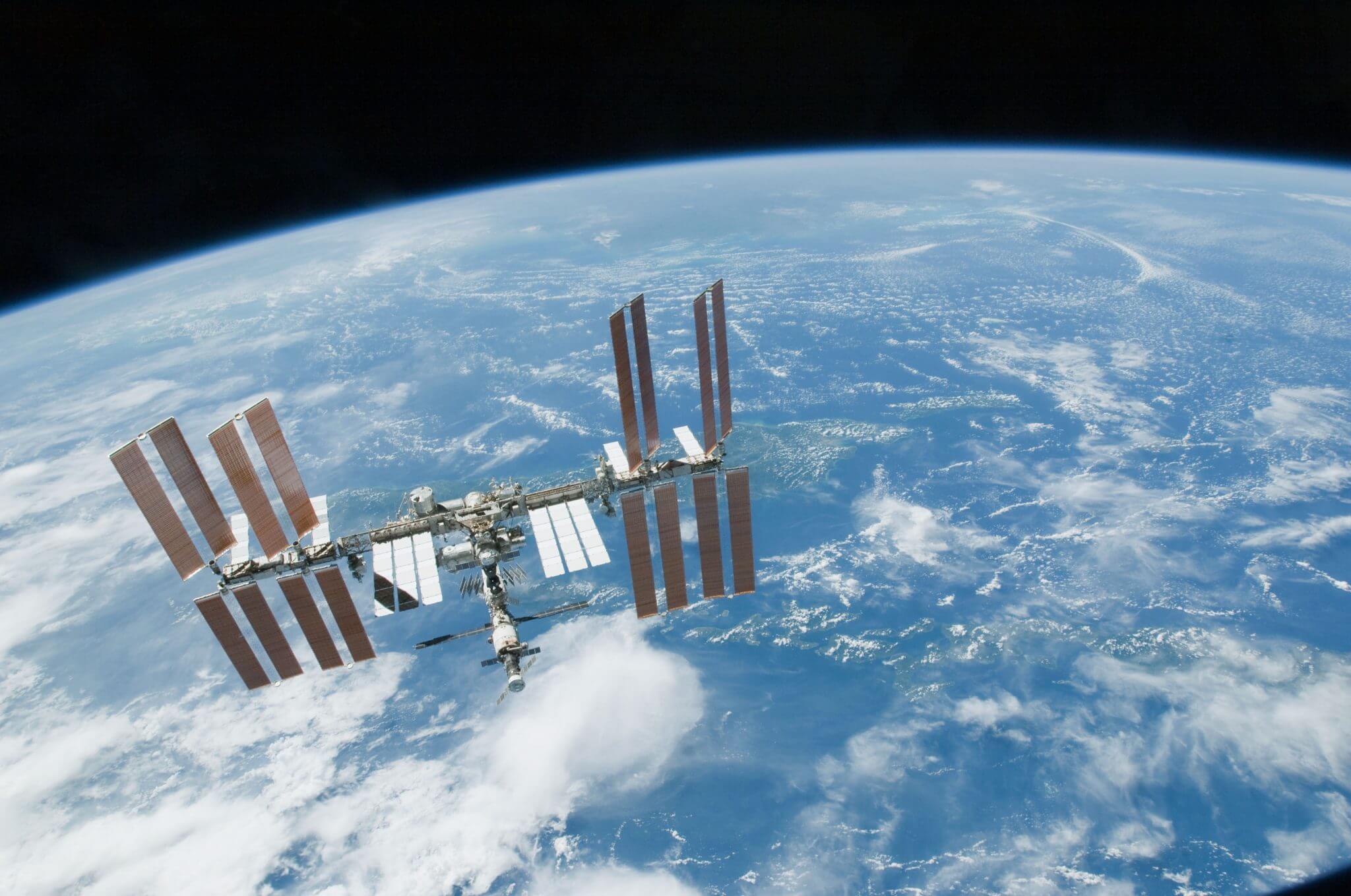In its NASA authorisation act 2008 the US Congress has directed the space agency’s administrator to produce an International Space Station cargo resupply contingency plan by 15 October 2009 that explains how the ISS partners’ could replace NASA’s commercial resupply providers if they fail to deliver from 2011, after the Space Shuttle is retired in 2010
NASA’s commercial orbital transportation services demonstration (COTS) programme is contributing funds to the development of commercial cargo delivery systems by Orbital Sciences and Space Exploration Technologies. A separate commercial resupply contractual process is ongoing with providers to be selected later this year. The COTS companies are expected to be front runners for the resupply contracts
The ISS partners can supply upmass services using their expendable vehicles. As well as Russia’s proven Progress spacecraft, the European Space Agency (ESA) could provide services using its Automated Transfer Vehicle (ATV) that successfully completed its first mission this year and if the 2009 maiden flight of Japan Aerospace Exploration Agency’s HII Transfer vehicle (HTV) is also a success it too could be employed
ESA is interested in obtaining more time on ISS for its astronauts and the barter arrangements used within the space station’s framework agreement could lead to ESA providing ATV in return for more manned missions and/or even developing a proposed evolution of the ATV that would meet the downmass needs
click through to the extended portion of this blog post to see the full text from the 2008 act relating to the resupply plan
SEC. 603. CONTINGENCY PLAN FOR CARGO RESUPPLY.
(a) In General- The International Space Station represents a significant investment of national resources, and it is a facility that embodies a cooperative international approach to the exploration and utilization of space. As such, it is important that its continued viability and productivity be ensured, to the maximum extent possible, after the Space Shuttle is retired.
(b) Contingency Plan- The Administrator shall develop a contingency plan and arrangements, including use of International Space Station international partner cargo resupply capabilities, to ensure the continued viability and productivity of the International Space Station in the event that United States commercial cargo resupply services are not available during any extended period after the date that the Space Shuttle is retired. The plan shall be delivered to the Committee on Science and Technology of the House of Representatives and the Committee on Commerce, Science, and Transportation of the Senate not later than one year after the date of enactment of this Act.








